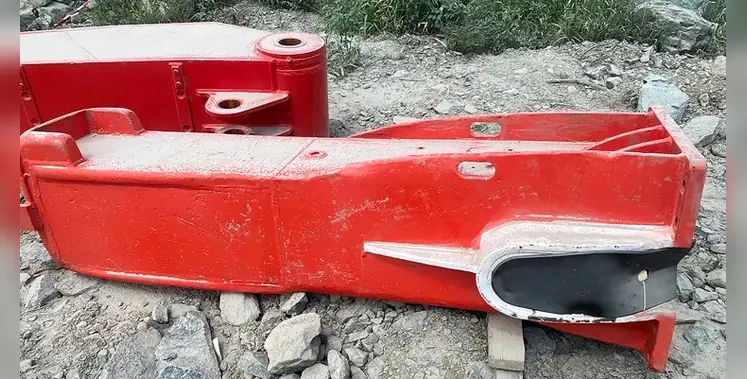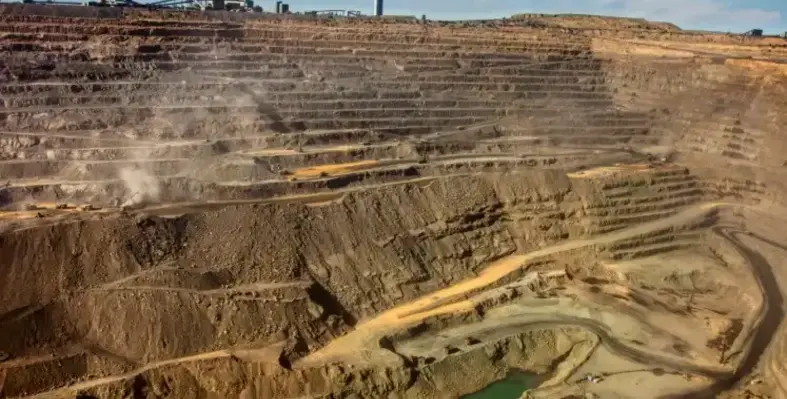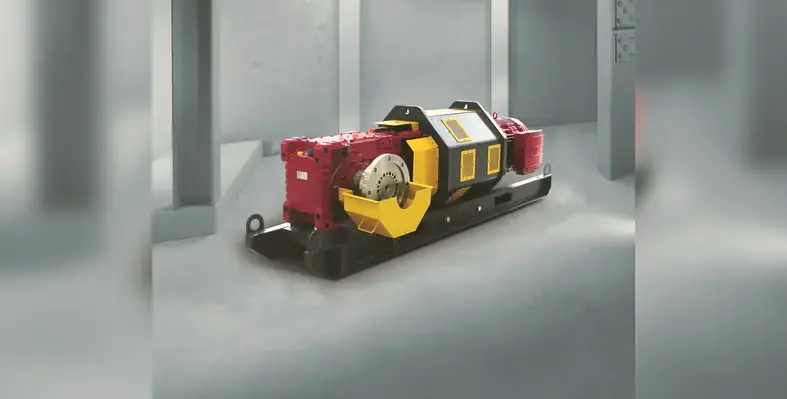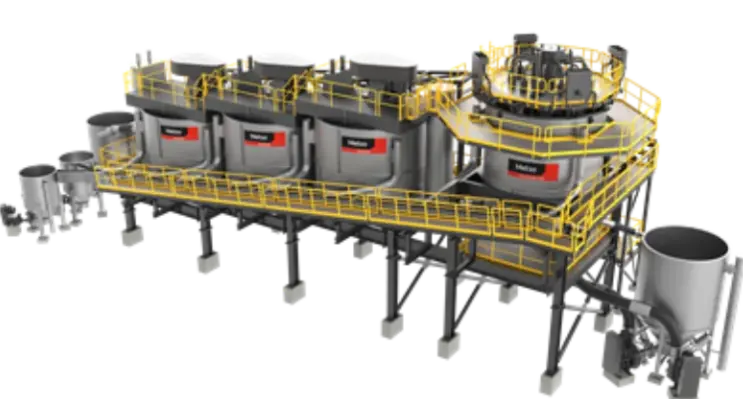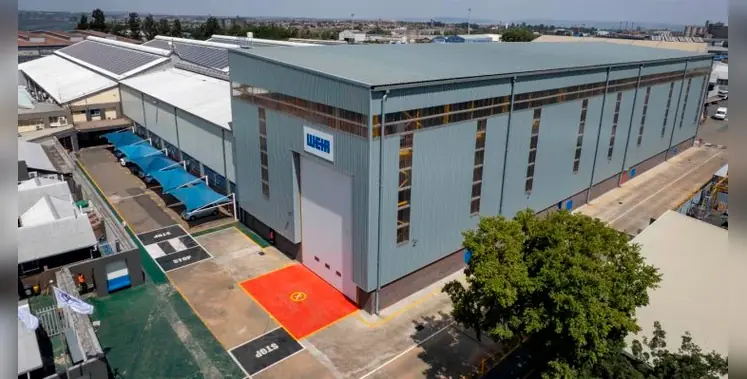
Weir designates its upgraded Alrode facility as the global manufacturing centre for ENDURON Elite screens. (Image source: Weir)
South Africa has strengthened its standing as a global manufacturing base with Weir designating its Alrode facility in Gauteng as the world’s first site exclusively dedicated to producing the advanced ENDURON Elite banana screen range
The milestone follows a significant infrastructure expansion that positions the country at the forefront of this next-generation screening technology.
The Alrode development introduces an additional 1,600 m² of covered production space, fitted with two 63 ton gantry cranes operating at an 18.5 metre clearance height. According to Alandré Van Vuuren, integrated supply chain director at Weir, the investment was prompted by a £53 million contract awarded for Barrick’s Reko Diq copper-gold project in Pakistan. The contract covers the delivery of fine grinding, separation and tailings solutions.
“The advanced technological capability and rigorous quality assurance at our Alrode plant - together with our robust local and regional supply chain - enabled us to manufacture the first two ENDURON Elite screens even before completion of the expansion,” commented Van Vuuren. “We already had the specialised expertise and equipment in place, including a laser facility capable of cutting the massive 12 m by 5 m side plates. In parallel, we ran a targeted supplier development programme to further strengthen and empower our local supply partners.”
The preparatory phase was subject to detailed assessments and audits by an independent third party and Weir’s internal technical specialists. Following approval, construction began in early 2025.
The build required extensive groundwork, including deep excavations reaching two storeys below ground level to house a 1,000 ton concrete and steel plinth. This engineered base is designed to absorb the significant vibration loads generated during exciter testing.
Two purpose-built assembly bays have been established to handle the double deck ENDURON Elite screens. Each unit weighs close to 50 tonnes and can measure up to 4.3 m in width and 8.5 m in length.
“This expansion marks a significant boost to South Africa’s manufacturing capacity,” remarked Van Vuuren. “Facilities with heavy engineering capability and crane clearance at these heights are rare in the country, yet they are essential to support the ambitious manufacturing plans we are rolling out at Alrode.”
The enhanced layout allows for the secure and streamlined assembly of key components including subframes, screen bodies, decks and exciters. Fully assembled screens can exceed 15 metres in height, Van Vuuren explains.
The additional production space enables output of at least two ENDURON Elite screens per month, while maintaining ongoing production of small, medium and large models within the broader ENDURON portfolio.
“Our production for the first half of 2026 will be dedicated to fulfilling the Reko Diq contract, but market interest in our larger ENDURON® Elite screens is already strong,” he says. “We anticipate ramping up production soon and have deliberately designed the facility to accommodate future capacity upgrades as demand grows.”
Sustainability considerations have also shaped the expansion. The Alrode site serves as a pilot location for water-based paint systems, supporting efforts to reduce emissions across operations and the supply chain, aligned with Weir’s global objective of cutting carbon emissions by 50% by 2030.
“The facility is running entirely on renewable energy from a solar power generation system - with the only exception being the variable speed drive used to start up the screens,” said Van Vuuren.
Van Vuuren highlights the wider economic contribution of the project, noting that most ENDURON Elite units produced in Alrode will be exported, while the majority of components and materials are sourced domestically.
“The expansion opened up around 40 new technical positions at Alrode, including roles in screen assembly, hand-lining and painting,” Van Vuuren explained. “We upskilled some of our current employees as assemblers and fitters - giving them a path into formal trades and supporting career growth from within. At the same time, we are creating opportunities for new entrants in lower-skilled roles, with a focus on developing their potential over time.”







